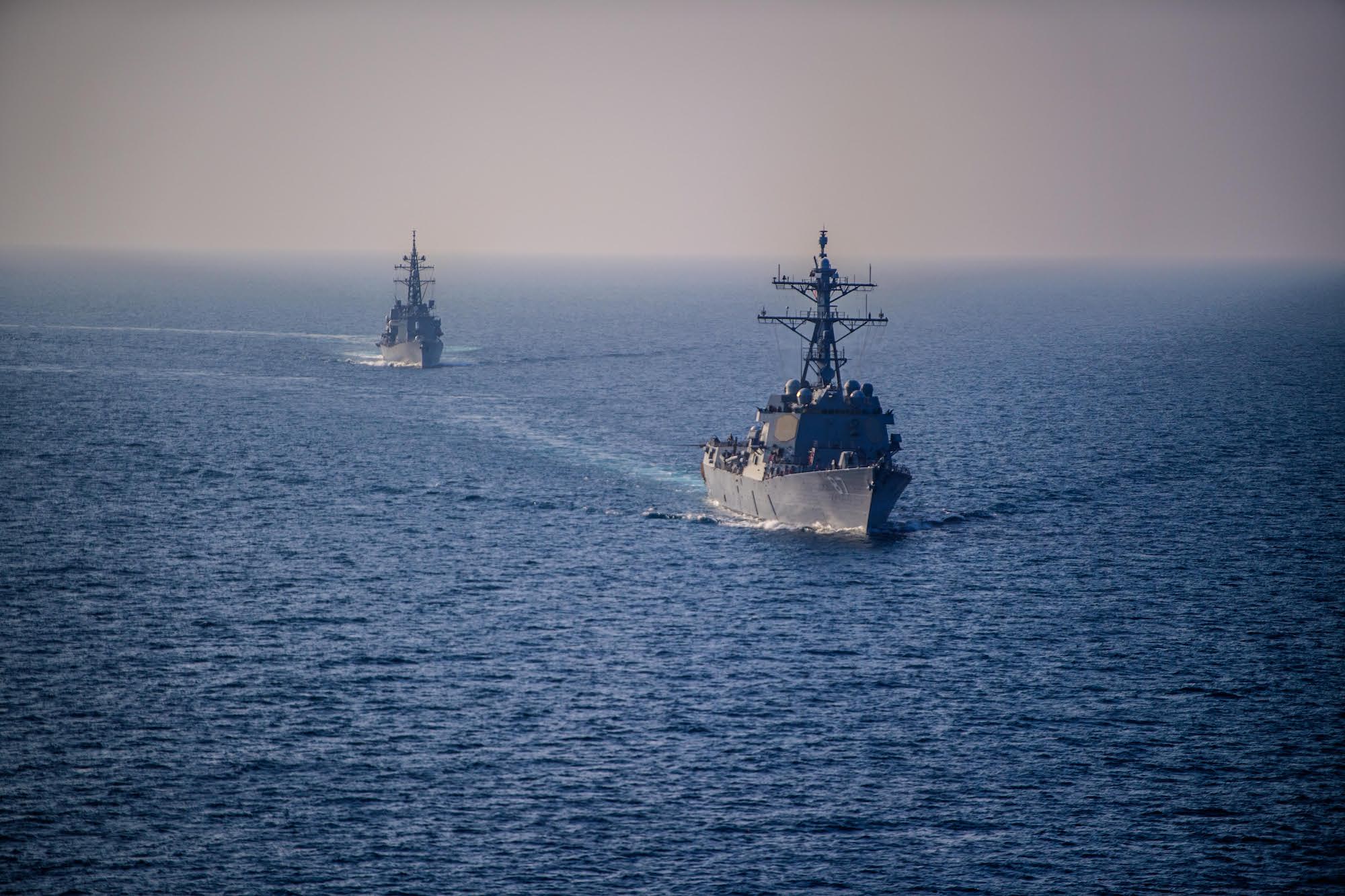US Seized Tanker Just As Warrant Was Set To Expire
By Jasper Ward WASHINGTON, Dec 12 (Reuters) – The U.S. government carried out its seizure of the M/T Skipper off the coast of Venezuela on Wednesday just as a judge-signed warrant was set to...


FRANKFURT/ATHENS, Dec 21 (Reuters) – German shipping company Hapag-Lloyd said on Thursday it was the latest company planning to avoid the Red Sea after attacks there by Yemen’s Houthi group on merchant vessels, which have disrupted global trade and triggered a multinational naval action.
Hapag-Lloyd said it would reroute 25 ships by the end of the year from the key waterway as freight rates and shipping stocks have increased because of the disruption. Avoiding the Red Sea and Suez Canal means following a far longer route around Africa.
The Iran-aligned Houthis, who control much of Yemen, have been attacking ships passing through the Bab al-Mandab Strait at the southern end of the Red Sea for weeks in what they say is a response to Israel’s war in Gaza.
Traders are meanwhile scrambling to find alternative shipping routes to get consumer goods to retailers, with journeys around Africa adding roughly 10 days extra to voyage times.
Analysts have said the delays could start causing some shops to run low on stocks by February.
Finnish elevator maker Kone KNEBV.HE estimates some shipments could be delayed by two to three weeks but expects most deliveries to be on schedule, its communications manager said.
Greece said on Thursday it would send a naval frigate to the area to help protect shipping as part of a multinational coalition announced by the United States to ensure safe passage through the waterway.
Greek ship-owners control about 20% of the world’s commercial vessels in terms of carrying capacity.
However, several countries the United States said would join the coalition have signaled they do not expect to send much naval power to the region while Saudi Arabia, which borders the Red Sea, was not listed as taking part.
The Houthi leader has meanwhile threatened to escalate attacks to include U.S. naval ships, raising the prospect of a wider conflict around the Bab al-Mandab strait.
A Hapag-Lloyd spokesperson said one of the company’s ships, the Al Jasrah, was attacked near Yemen on Dec. 15 on its way to Singapore and the company would take more decisions on routes by the end of the year.
The spokesperson said the company had received no detailed information about the U.S. naval coalition aimed at protecting Red Sea shipping.
(Reporting by Vera Eckert and Lefteris Papdimas; additional reporting by Elviira Luoma; writing by Angus McDowall; editing by Jonathan Oatis)
(c) Copyright Thomson Reuters 2023.

Sign up for gCaptain’s newsletter and never miss an update

Subscribe to gCaptain Daily and stay informed with the latest global maritime and offshore news
Essential news coupled with the finest maritime content sourced from across the globe.
Sign Up